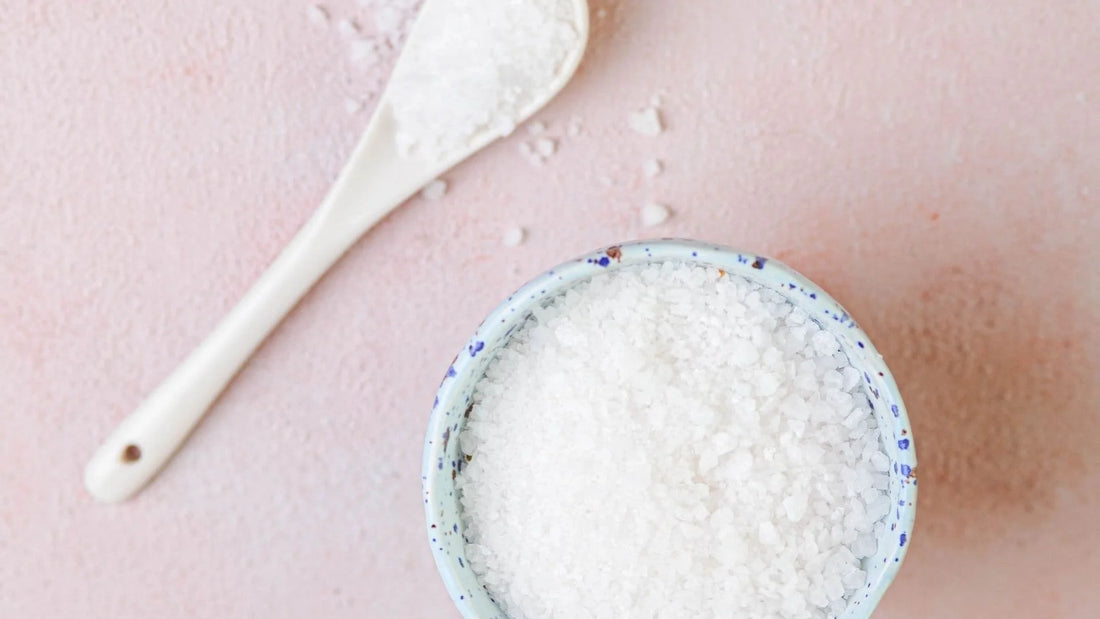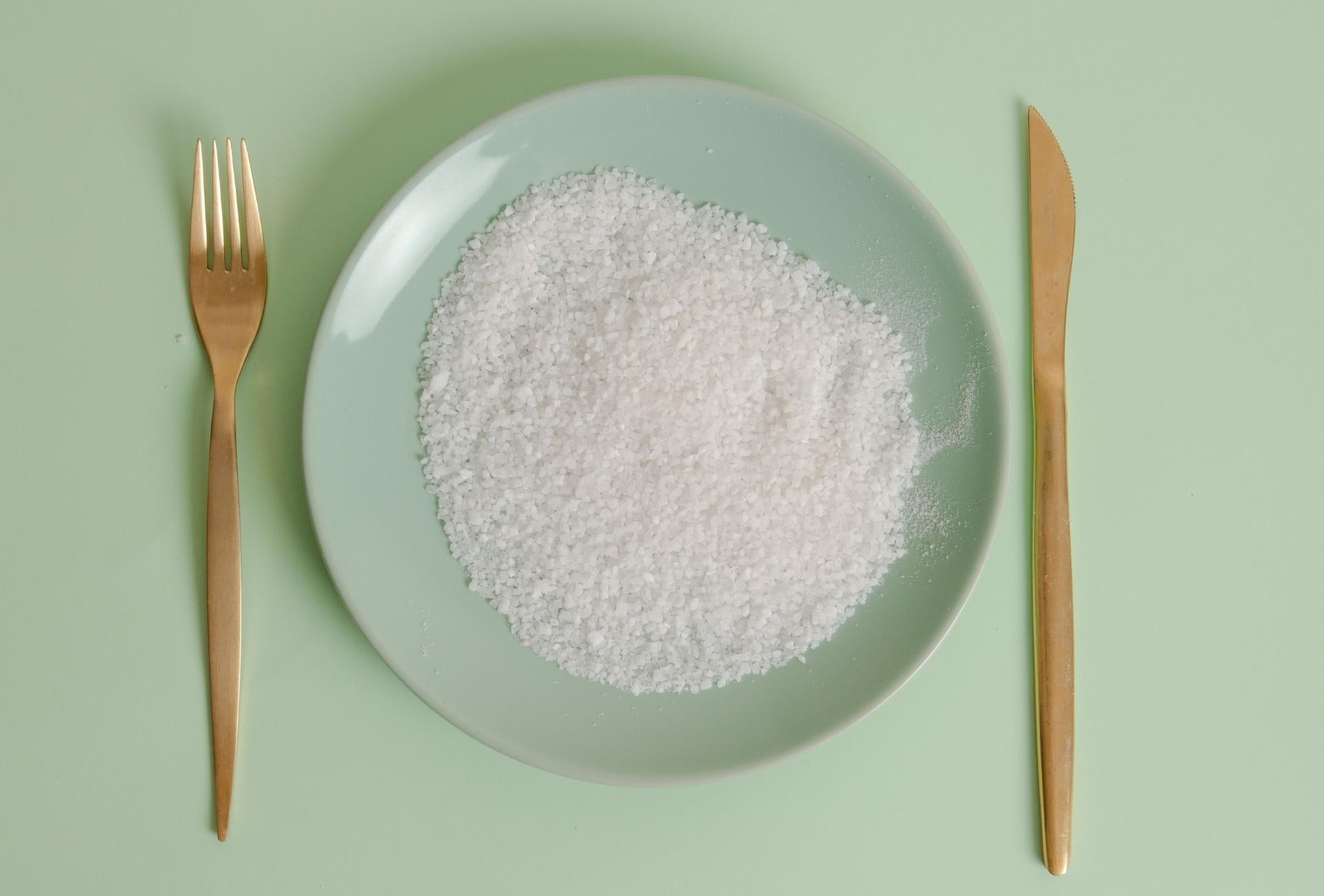What is Salt? What are its Properties? Why is it Used? How is it Formed?
Salt is a mineral composed chemically of sodium chloride and is abundant on Earth. For thousands of years, salt has been used by humans to flavor, preserve, and store food. It is also essential for normal bodily functions. Additionally, salt is widely used in industry as an important material for steelmaking, glassmaking, textile production, and more. Salt occurs naturally and is obtained from either seawater or underground sources. When seawater or underground spring water is evaporated by the sun and wind, salt crystals are formed. These crystals are then processed and made ready for use as table salt or industrial salt.
What is Salt?
What is Salt? Salt is a natural mineral composed of sodium and chloride elements and has many varieties. Himalayan salt is a pink-colored salt extracted from the Khewra Salt Mine in Pakistan. Rock salt is a type of salt extracted from underground sources and is generally white. Sea salt is salt obtained from oceans or seas. Liquid salt is a type of salt produced by directly packaging underground spring water. Salt has been used by humans for thousands of years to flavor, preserve, and store food. However, it is important to note that the salt used should be naturally produced and unrefined. Each type of salt can contain different minerals and properties, so you should be careful when deciding which type of salt to use.
What is the Chemical Formula of Salt?
Salt is a compound with the chemical formula NaCl, which is formed by the combination of the elements sodium (Na) and chloride (Cl). Salt is naturally found in seawater, underground sources, and mines. It is also widely used as a material in various industries and can be processed in different ways for different applications. The sodium content of salt is an important health issue, and excessive salt consumption can lead to hypertension and other health problems.
Salt Properties
Salt is a compound made up of sodium and chlorine elements and naturally occurs in seawater, underground sources, and mines. Although there are many different types of salt, its chemical formula remains NaCl. Some notable properties of salt include its crystalline structure, solubility in water, and sodium content. Salt readily dissolves in water to form a solution. Additionally, due to its sodium content, it is necessary for regulating the body's water balance and maintaining normal nerve, muscle, and heart function. However, excessive consumption of salt can lead to health problems, so its intake should be balanced.
How Is Salt Formed?
Salt occurs naturally in seawater, underground springs, and mines. Its formation occurs through the process of evaporation of seawater in oceans, which increases the concentration of minerals left behind. During this process, sodium and chloride elements crystallize and form salt as the water evaporates. Salt can also be obtained from underground springs where underground water erodes salt deposits. Salt mines are another source of salt and are usually extracted from large salt veins located underground. Salt is a mineral that has been used by humans for thousands of years and is used for many different purposes.
Why Is Salt Used?
Salt has been used for various purposes by humans for thousands of years. Some of the uses of salt are as follows:
- Salt is used for flavoring food.
- It is used for preserving and protecting food.
- Salt is necessary for the dyeing process in the textile industry.
- Salt is used on roads to prevent ice formation.
Salt is also essential for the intake of sodium and chloride elements for a healthy body. However, it is important to use natural, unrefined salt produced by natural methods.
Is Salt Harmful?
Salt is a compound made up of sodium and chloride elements and is a source of sodium, which is essential for human health. However, excessive salt consumption can pose some risks to our health. The harms of salt can be summarized as hypertension, heart disease, stroke, and other health problems. High salt intake can increase blood pressure and negatively affect kidney function. Additionally, excessive consumption of salty foods can be harmful to oral, dental, and bone health. Therefore, it is important to pay attention to using naturally produced, unrefined salt. Natural salts do not pose a threat to our health as long as they are not overconsumed.
Does Salt Make You Gain Weight?
Tuz does not directly cause weight gain, but excessive consumption of salt can lead to water retention in the body. This can cause a temporary increase in weight, but it is not actual fat accumulation. Additionally, overconsumption of salty foods is often associated with high-calorie foods, which can lead to long-term weight gain. Therefore, a balanced diet plan is important for a healthy lifestyle.
How Is Excess Salt Excreted From The Body?
Excess salt consumption can cause fluid buildup in the body and can lead to health problems in the long run. There are several ways to remove excess salt from the body. First, increasing water consumption helps the kidneys excrete more salt and water through urine. Also, consuming fibrous foods and exercising can regulate the salt level in your body. High potassium foods can also help reduce sodium levels in the body. These foods include bananas, avocados, potatoes, spinach and dried apricots. However, avoiding excessive salt consumption and adopting low-salt diets are the most important steps to regularly control salt levels in the body.
How much salt should be consumed per day?
The World Health Organization and many national health organizations recommend consuming less than 5 grams of salt per day. The amount of salt a person needs may vary depending on their daily activities. Therefore, salt intake may vary from person to person. However, research conducted in Turkey shows that the average daily salt consumption of the Turkish population is around 18 grams, which is nearly 4 times the recommended amount. Excessive salt intake can lead to high blood pressure, heart disease, and other health problems. To reduce salt intake, it is recommended to avoid processed foods that are high in salt.




